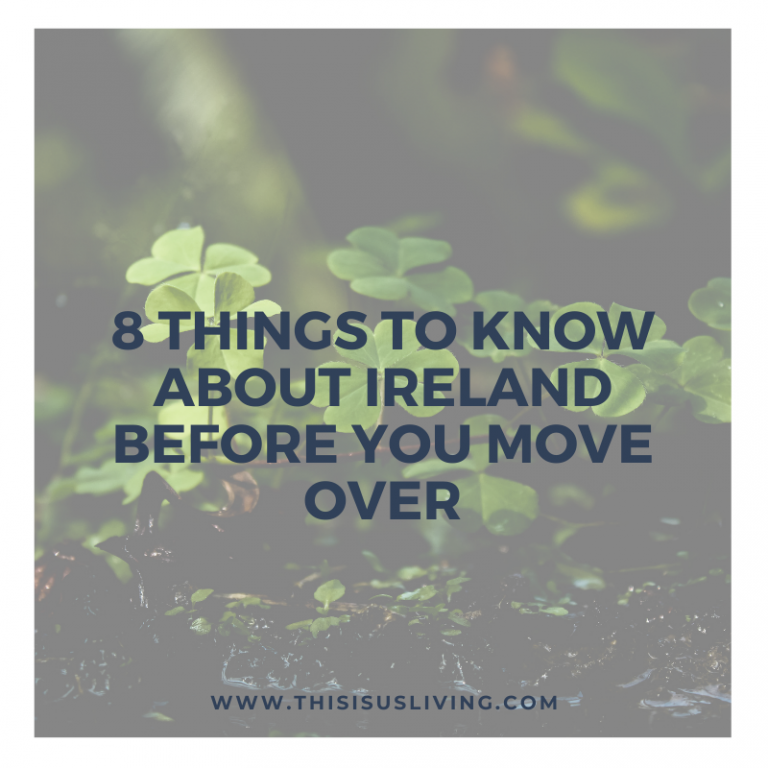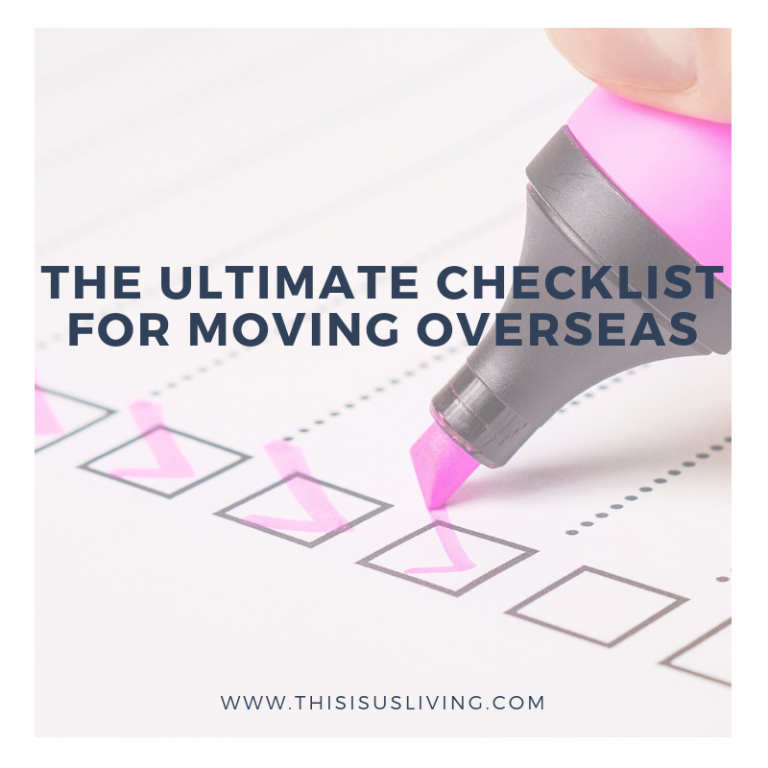8 Things To Know About Ireland Before You Move Over
With the ease of restrictions, and Ireland finally coming out of a lockdown, the usual questions about moving over to Ireland have been popping back into my inbox. I thought I would slowly start adding back some content around expat life in Ireland again. Hopefully this info will help people who are looking to make…



